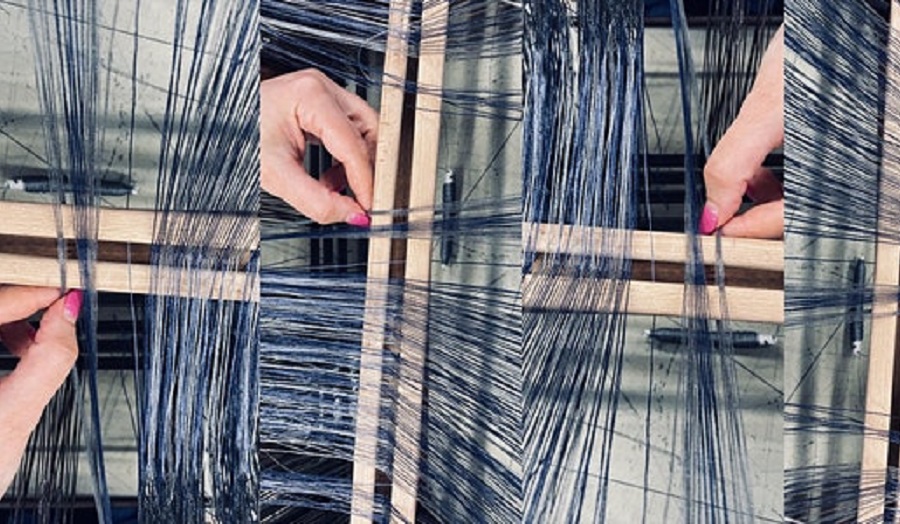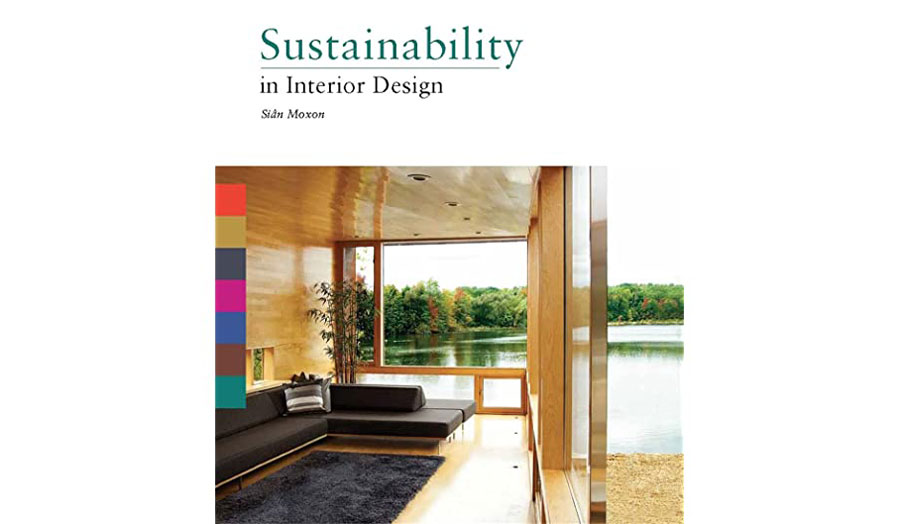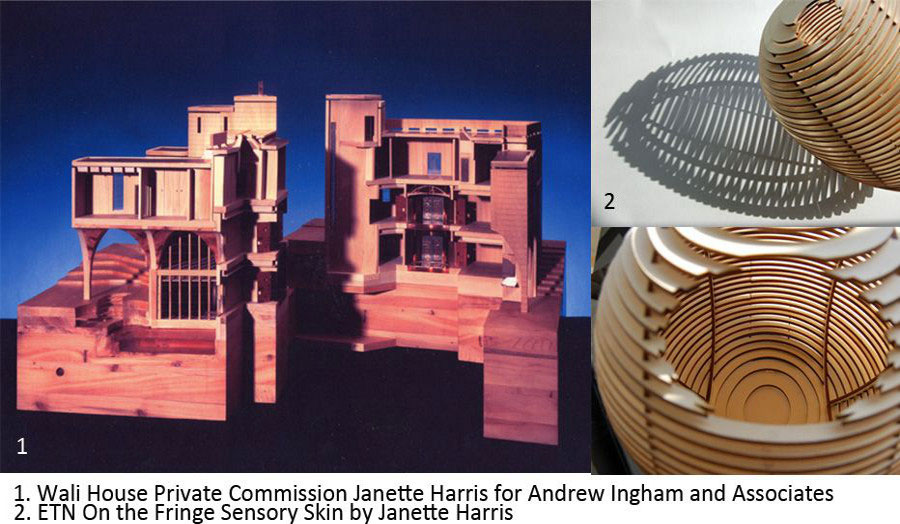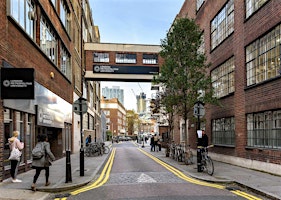Apply for this course
Please select when you would like to start:
If you're a UK applicant wanting to study full-time starting in September, you must apply via UCAS unless otherwise specified. If you're an international applicant wanting to study full-time, you can choose to apply via UCAS or directly to the University.
If you're applying for part-time study, you should apply directly to the University. If you require a Student visa, please be aware that you will not be able to study as a part-time student at undergraduate level.
Why study this course?
This is a top-up version of our Interior Architecture and Design BA (Hons) degree. A top-up degree is the final year (Level 6) of an undergraduate degree course and is for those who have a foundation degree, Higher National Diploma or equivalent qualification, or those wishing to study the final year of their degree in London.
Interior architecture and design is a distinct, rigorous practice that requires a specialist way of thinking about how we occupy complex interior spaces. As a practice, it applies to buildings and urban communities and involves thinking about how interior elements and the materiality of spaces are brought together at a human scale to accommodate and delight.
Specifically, we open up opportunities and provide an atmosphere where students can become creative partners and gain insights about how it will be to practise as specialists in their field whilst actually encouraging multi-disciplinary design as a flexible, adaptable, and creatively rich route for delivering design projects.
Our interior design courses are ranked third in the UK in the Guardian University Guide 2023. We’re also second in the UK for teaching quality and fourth for course satisfaction.
You can find out more about what to expect on the course in this video presentation from our Head of Interiors.
Enrich your studies with extra-curricular activities
Our teaching programme is supplemented by study trips, practice visits, design workshops and weekly lectures by designers and architects
Course ranked third in the UK
Our interior design courses are ranked third in the UK in the Guardian University Guide 2023
Second in the UK for teaching quality
We’re second in the UK for teaching quality and fourth for course satisfaction in the Guardian University Guide 2023
Course modules
The modules listed below are for the academic year 2024/25 and represent the course modules at this time. Modules and module details (including, but not limited to, location and time) are subject to change over time.
Year modules
Critical & Contextual Studies 3: Dissertation (Interiors)
This module currently runs:autumn semester - Wednesday afternoon
autumn semester - Wednesday morning
(core, 30 credits)
Critical and Contextual Studies (CCS) in Level 6 offers you an opportunity to understand and explore the historical, social, cultural and economic factors which influence, and provide a context for, the development of architecture, art and design practice. Building on critical and academic skills gained during two years of previous study, the module encourages you to develop an awareness of issues around which there is some debate, uncertainty or contest. Based on this awareness, you will develop a set of research questions which constitute the topic of your study. This topic can be theoretical, historical, or technical and you may, with guidance, decide to engage with an area of scholarly interest outside the territory of your degree course.
You will develop your topic and respond to your research questions in the form of an extended critical study or Dissertation (6,000–7,000 words). Through this study you demonstrate that you can thoroughly research a topic, use appropriate methods of investigation, and work in a methodical and organised way to develop a coherent argument or line of thought. Teaching and Learning on the module is designed to support you in this process through a combination of tutorials and one to one supervision; as well as a series of formative and summative assessments which prepare you for the final submission.
The final form and presentation of your Dissertation can reflect a broad range of approaches to research and writing. It may include visual materials or other non-written forms of presentation as long they support your enquiry and comprise an integral part of the whole. By prior approval at the start of the module, your research can be part practice-based, and include primary research and fieldwork.
The dissertation may, by prior approval at the start of the module from the Head of Subject, be part practice-based and can include fieldwork and primary research in its methods. Its form and approach can reflect a broad range of design-specific approaches based on discussion and agreement with your supervisor.
By virtue of the sustained, independent nature of the learning and substantial final output, the dissertation is also intended to prepare you for possible postgraduate study.
Read full detailsIntegrated Design Practice
This module currently runs:spring semester - Friday
(core, 30 credits)
This module provides a link between the completion of your undergraduate studies, and professional interior design practice. It establishes your ability to integrate and document the key areas of design knowledge within the context of your major design project and through this, a readiness for employment within interior design professional practice.
The coursework records and responds to key stages of professional practice delivered through a range of lectures including from specialist contributors. The module aims to enable you to demonstrate a knowledge, understanding of and ability to evaluate the following five areas of study in relation to your major project and that this is effectively and appropriately communicated:
1. cultural context;
2. professional and regulatory requirements;
3. environment and sustainability;
4. construction, materials and specification;
5. communication.
The module aims to provide you with the means to demonstrate, through and in relation to your own design work, the extent of your understanding and evaluation of these key areas of professional interior design knowledge that inform a design project. The employability and professional practice lectures offered will enable you to better understand the industry, allowing you to make informed choices and prepare a career strategy.
Read full detailsMajor Project Realisation: Interior Architecture and Design
This module currently runs:all year (September start) - Friday afternoon
(core, 30 credits)
This Major Project module enables you to prepare for independent practice in the workplace or to progress onto higher studies. It is the opportunity to synthesise your specialist knowledge and skills and effectively communicate these. In this module, you will carry out the project conceived and developed in the parallel Project Design and Development for Interiors module, fully realising it in appropriate form by its conclusion.
You will exercise and display your abilities in selecting, analysing and applying knowledge, skills and understanding to a negotiated and fully researched project in order to properly understand your strengths, interests and position in the field, and the potential for your future professional development.
You will show that you understand the complex and changing nature of problems in the professional sector of interior design and can devise and apply realistic strategies for constructing, applying and managing a process designed to provide solutions for complex situations with competing demands.
A professional standard of realisation, contextualisation and presentation will be expected, providing the elements for a portfolio of practice with which you may enter the fields of employment, self-employment or further studies.
Read full detailsProject Design and Development for Interiors
This module currently runs:all year (September start) - Tuesday afternoon
all year (September start) - Tuesday morning
(core, 30 credits)
Together with your Major Project Realisation module, this module is intended to prepare interiors students for independent practice, entry into the professional workplace, or for higher study.
Through synthesis of knowledge of processes and principles, using an appropriate range of intellectual, creative and practical skills, you will research, analyse, design and develop a self-directed project. This will require in-depth investigation of a site, its cultural context, human inhabitation, activity and enterprise through a well-constructed design process involving practical and digital 2D and 3D methods of exploration and communication as a significant body of creative work for public exhibition.
A negotiated and approved proposal will confirm the individual project. Using creative exploration and experimentation, you will undertake research, selection, concept development, material investigation, modelling, prototyping and visualisation. The final outcome will be produced in the Major Project Realisation modules, and will be distinctive to the course in approach, scale, communication and visualisation or making and modelling.
This module will ensure that you review and reflect upon your own work and understand your prospective position in the creative sector. The module emphasises self-direction and personal focus whilst acknowledging external and professional expectations and constraints.
Read full details

.jpg)















-(1)-(1)-(1)-(1).jpg)
.jpg)





